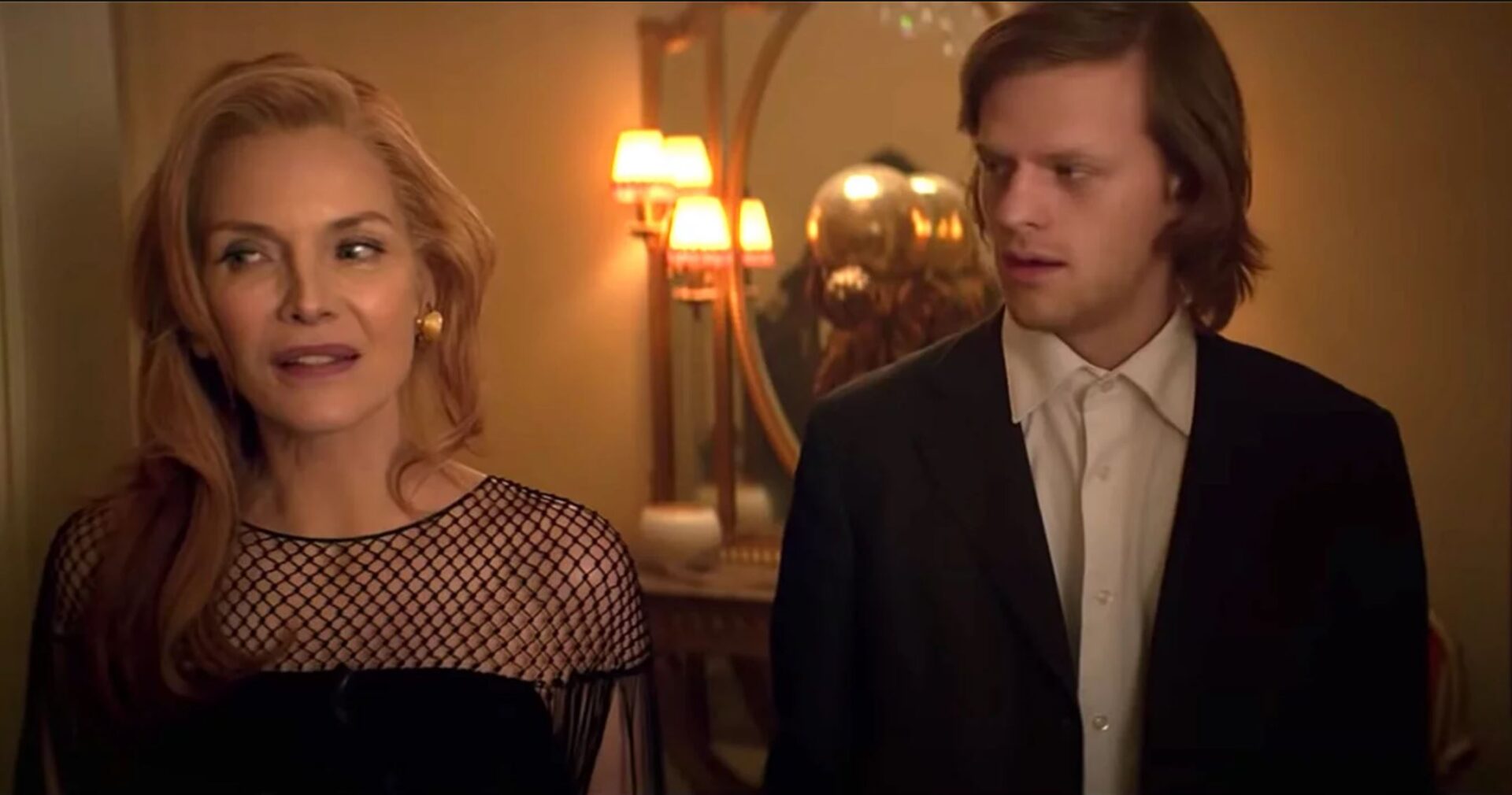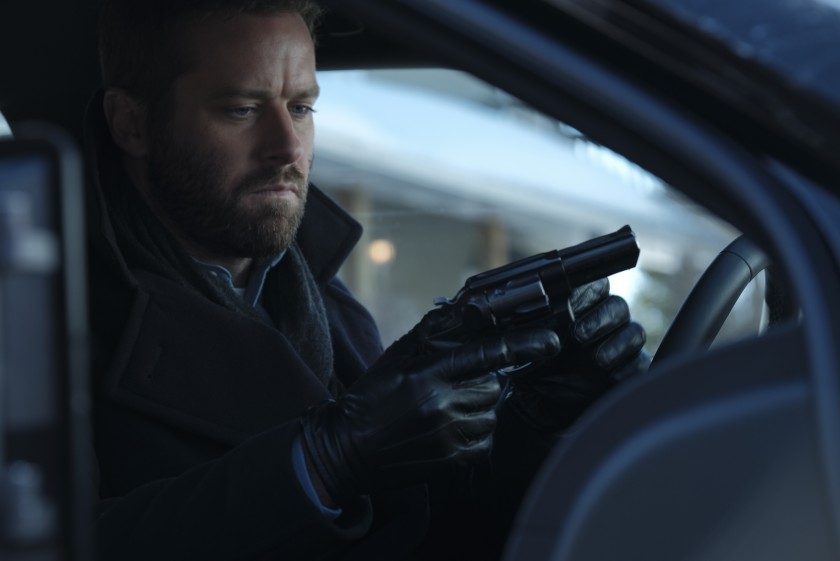DIVERSIONS

In “French Exit,” Frances, an elegant, widowed Manhattanite, finds herself broke at around 60.
She’s been warned for years about the impending collapse, but she blithely assumed she’d expire before her finances did.
A kind friend offers her the use of an apartment in Paris, so Frances liquidates her art, books and other valuables. She, her twentysomething son (Lucas Hedges), and her rather marvelous black cat Small Frank make the crossing to the City of Light. Her plan is to exhaust what’s left of her money, and then end her life.
Adapted by Patrick deWitt from his novel and directed by Azazel Jacobs, this wistful comedy of the unconscionably upper class is carried by Michelle Pfeiffer’s enchantingly brittle performance, and by the dialogue, as polished and carefully curated as the décor in the socialite homes we see.
Pfeiffer gives her lines an edge of polite impatience behind the dizziness, as if Frances simply can’t believe that she’s expected to deal with these irksome details of reality. But she’s too essentially good natured to make a fuss about it.
In 2017, Jacobs wrote and directed “The Lovers,” a terrific marital comedy that I thought was one of the more original films of its kind in years. I put it on my list of the “best of the ‘teens.”
His directorial touch here is light and smooth, as well. He gets delightful performances not just from Pfeiffer but from Hedges, as the helplessly enthralled son; Valerie Mahaffey, as an eccentric Paris widow who insinuates herself into the drama, and Danielle Macdonald, as a sullen psychic. Jacobs even brings off a mild supernatural element, connected to Small Frank the cat, with amusing urbanity.
But there was something about the skewed fatalism by which Frances lives, and that I expected to admire, that I couldn’t help but find off-putting from my view in the cheap seats. “French Exit” is a comedy, and at times it’s laugh-out-loud funny. But there’s also an aching sadness to it, and a sense of wounded entitlement that’s almost infuriating.
Now streaming
With so many to choose from in the world right now, consider “Crisis.” It refers to the opioid crisis. Writer-director Nicholas Jarecki (of “Arbitrage”) bounces among three strands, two of which eventually converge.

Armie Hammer plays a wound-up undercover FBI agent trying to set up a complicated fentanyl bust between Armenian gangsters on the Detroit side and a powerful Montreal kingpin.
Evangeline Lilly plays a single mother, herself a recovering addict, who loses her adored 16-year-old son to an apparent overdose.
The devastated woman begins to probe the tragedy and soon learns that there may be more to it.
Finally, a word should be said for the bad guys; They’re as close as a realism gets to supervillains, and they’re entirely convincing.


It was good to see Michelle Pfeifer again!
I loved Crisis. Can pills really be seen in the same way as powders? The answer from Crisis is yes.
It reminded me some of the beginning episodes of Game Of Thrones with so many stories set up at once. Yet it was not hard to follow and moved along swiftly like Game of Thrones! But . . . there were no naked people. Lol.